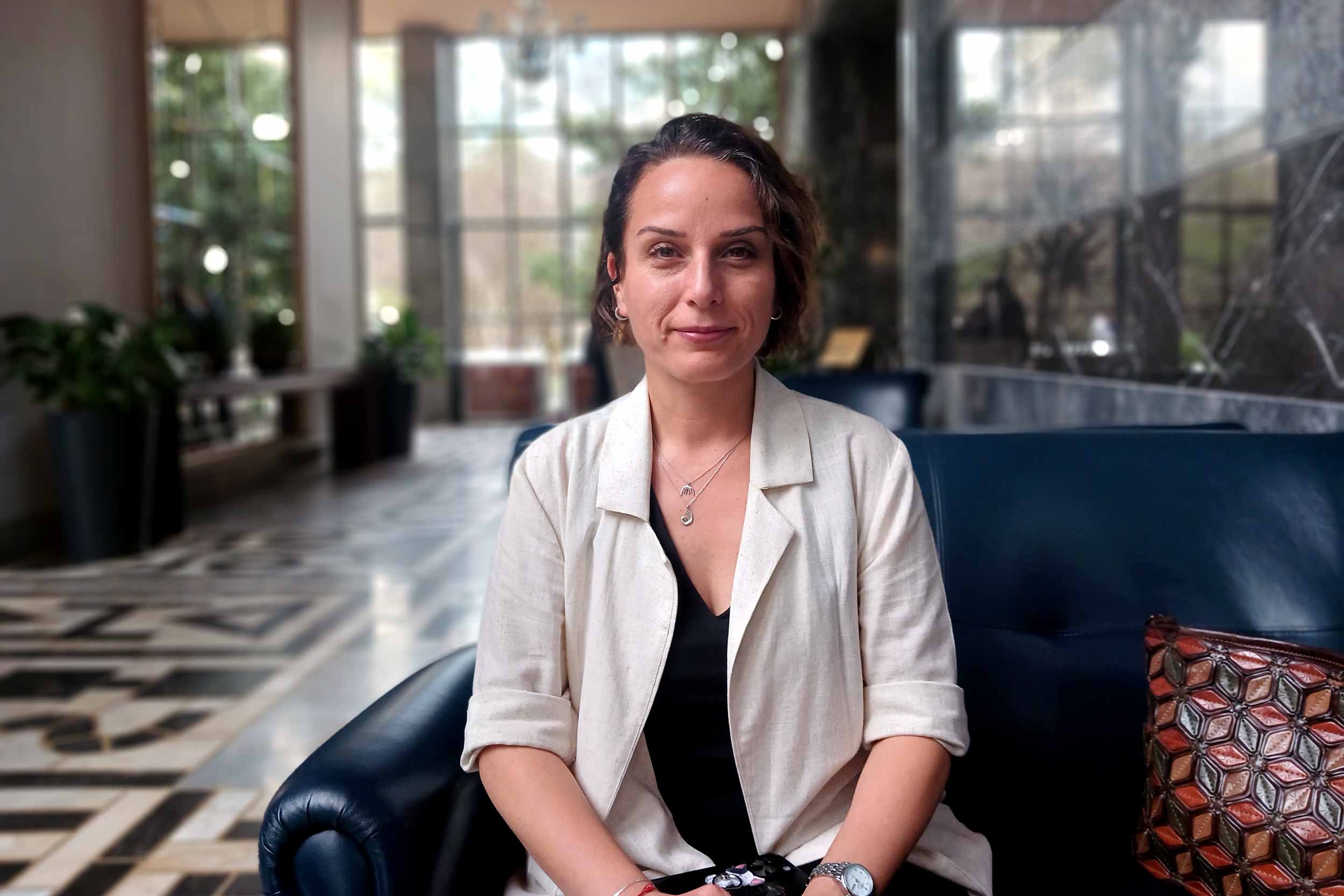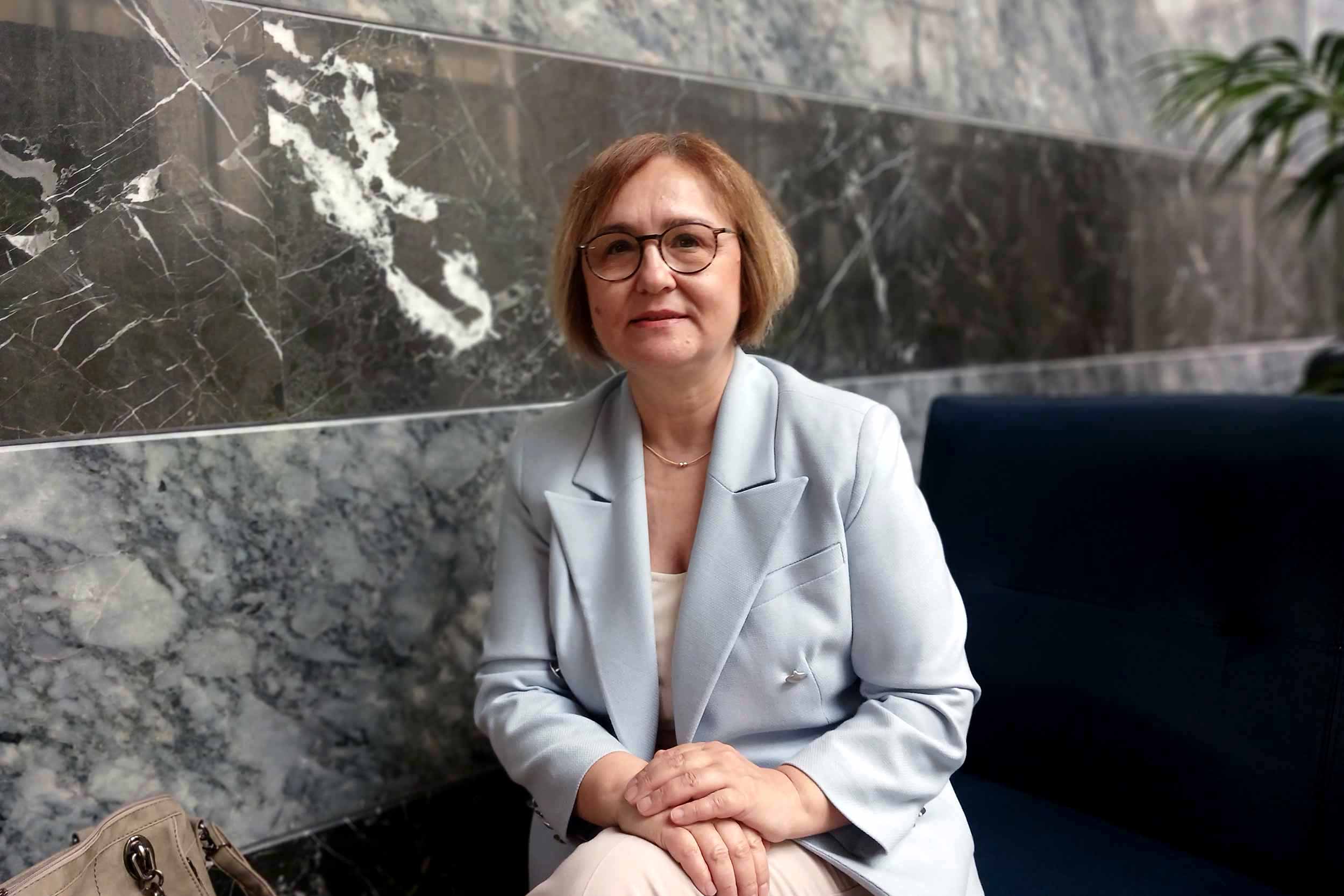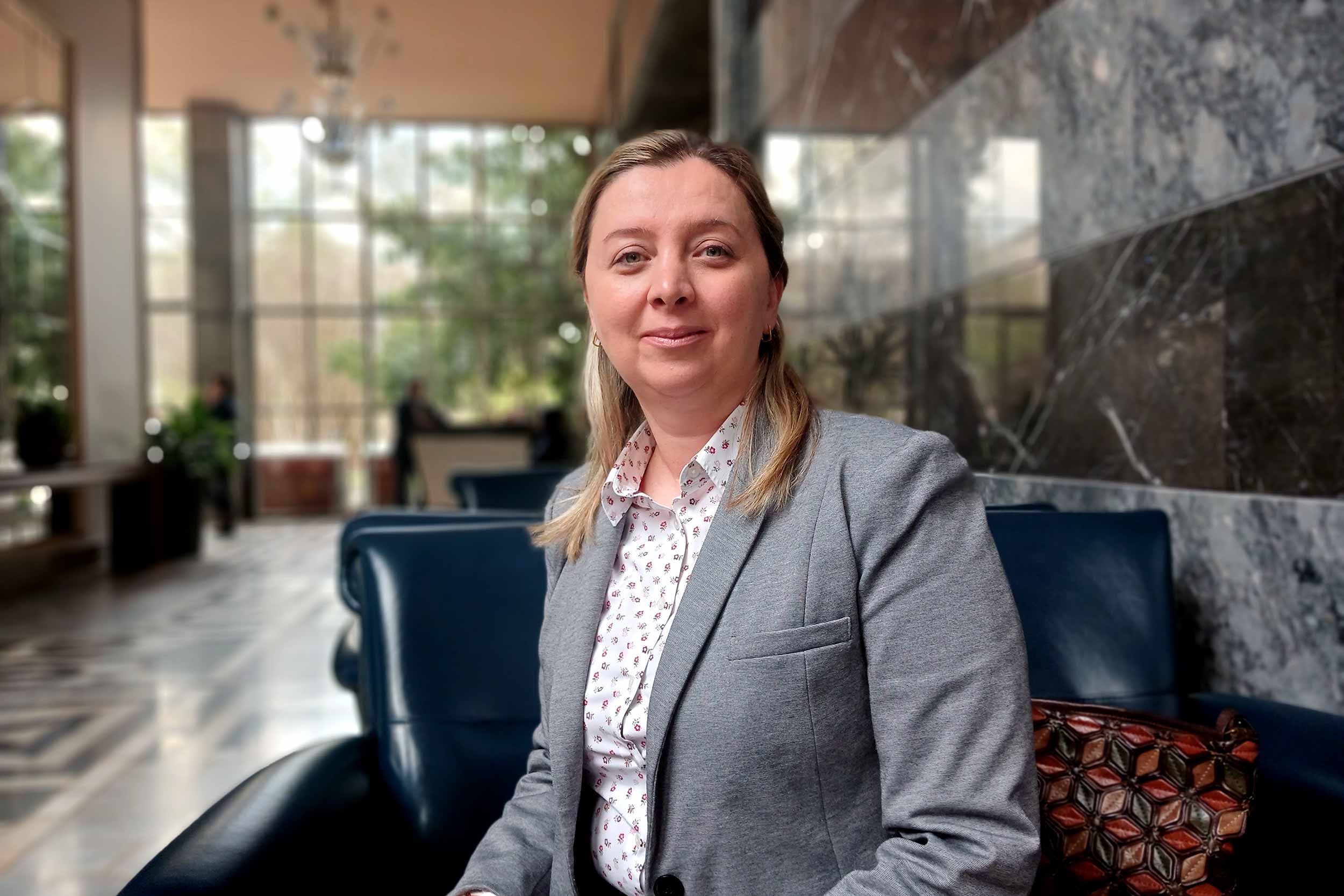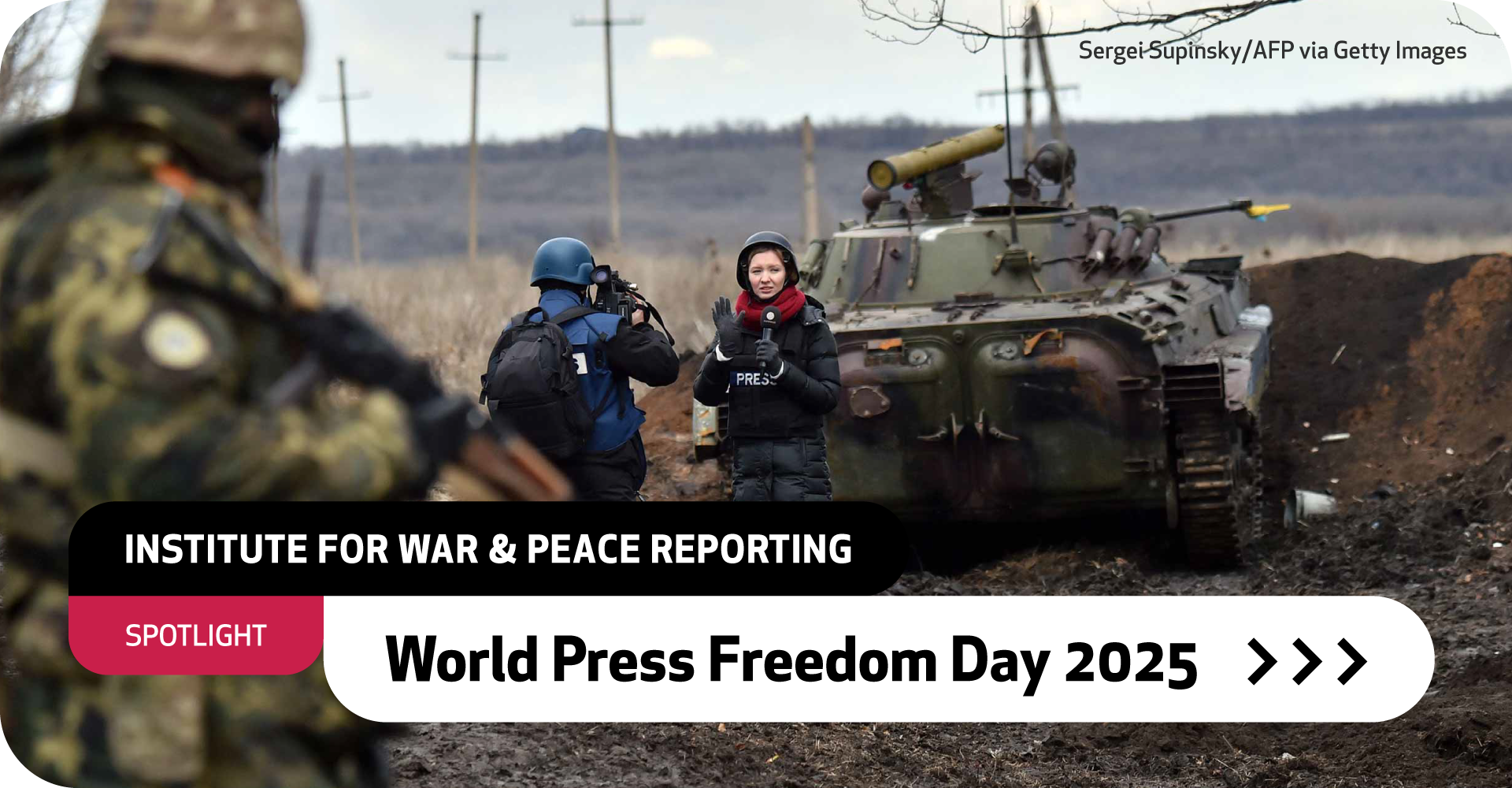Breaking In, Holding On: the Women Reporters of Ankara
In a tough media landscape, parliamentary politics is a rare female stronghold– but equality remains elusive.
Across the world, gender inequality remains deeply rooted in workplaces, and journalism is no exception. In Turkey, women journalists face additional hurdles from an increasingly restrictive political climate and economic instability. Yet within this difficult environment, parliamentary reporting in Ankara stands out as a rare space where women have carved out a strong and respected presence.
“The tradition of press freedom here hasn’t been completely broken."
This achievement is the result of years of persistence by women journalists who pushed against newsroom biases to claim critical beats. Their resistance gradually shifted norms, creating a parliamentary press corps where women are not only visible but influential. Still, while the corridors of parliament have opened to more women reporters, true equality in Turkish media remains a distant goal.
In the world of Turkish journalism, Ankara gazeteciliği — the practice of covering parliamentary affairs from the capital — offers a unique vantage point. Despite mounting pressures on the press, parliament remains one of the few places where political journalism maintains a degree of autonomy, and women reporters have built a lasting presence there.
Veteran parliamentary reporter Ceren Bayar remembers a very different scene when she started 20 years ago.

“When I first began, managers would mostly send male journalists — especially to protests, trials, or major events,” she recalled. “We had to fight to be assigned. We volunteered for night shifts, accidents, anything. We insisted.”
Looking back, Bayar sees a striking transformation.
“Today, women cover earthquakes, wars, trials,” she continued. “It’s completely different. We’re here because we refused to leave.”
As well as the long-term commitment women showed to staying in the field, Ayşe Sayın, a senior correspondent for BBC Turkish who has spent nearly four decades reporting from parliament, points to another factor.

“With time, male colleagues tend to move on,” she said. Many men transition into political consultancy or managerial roles, while women stay the course as reporters. “Over the years, that’s how the number of senior women reporters increased.”
Yıldız Yazıcıoğlu, another seasoned Ankara journalist with more than 35 years of experience, agrees.
"From a socioeconomic perspective, men often seek more stable career paths," she continued. "Women, on the other hand, showed more resilience — not just in journalism, but in life. That resilience kept us in the profession."
Yazıcıoğlu also highlights broader societal shifts, such as the rise in female literacy thanks to early Republican reforms, as key drivers.

"When management opportunities came up, many male journalists grabbed them," she said. "I once turned down a bureau chief role — I chose to stay a reporter. Journalism’s foundation is reporting, not management."
But the fight was not only about gaining assignments; it extended into battles over appearance and dress codes that meant it was seen as unacceptable for women to even wear trousers.
On the other side of the spectrum, headscarved journalists faced their own barriers. E, a reporter for a large news agency who asked to remain anonymous due to the sensitvity of the topic, recounts being denied entry to the general assembly hall in 2007 because of her hijab.
“The ban was lifted in 2010, and we finally entered,” she said. “Before that, even press cards required unveiled photos. I was turned away at first, but over time, we overcame these obstacles.”
Despite political differences among them, women journalists in parliament have forged a quiet solidarity.
"Here, ideological divides never created barriers," E said. "Everyone just focuses on doing their job."
Today, many describe parliamentary reporting as one of the few relatively free spaces left in Turkish journalism.
"Compared to covering ministries or local governments, parliament offers more breathing room," said Sayın. "You can still ask questions, build sources, work with some degree of autonomy."
Bayar echoes that sentiment.
"In parliament, despite all political tensions, we can still find ways to practice professional journalism,” she says. “The tradition of press freedom here hasn’t been completely broken."
Still, the journalists are clear-eyed about the limits of their progress. Visibility on the ground has not translated into power at the top.
"The glass ceiling is still firmly in place," Sayın explanied. "You can become a seasoned reporter, but decision-making roles are much harder to reach. Management still prefers male editors."
Yazıcıoğlu sees the same dynamic.
"Women do the core reporting, but when promotions come, men are still often chosen," she said. "Leadership is still seen as a male domain, no matter how much women prove themselves."

